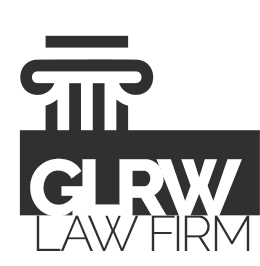As a landlord, your obligations toward tenants extend beyond the terms of the lease. The law imposes what are known as implied warranties, including an implied warranty of habitability. Landlords of all sizes, from individual owners to large management companies, need to understand this warranty because it is the single most utilized defense for non-payment of rent in New Jersey eviction cases.
 Landlords have a legal obligation to maintain rental property in a habitable condition. However, many habitability claims fall short and are based on flaws that are unattractive or annoying but that do not present serious health or safety concerns. Often the tenants making these claims do not give the landlord a chance to fix it or fail to meet other requirements of the defense. Greenblatt, Lieberman, Richards, & Weishoff, LLC can represent parties on either side of habitability hearings, so we are fully prepared to answer the issues that are bound to arise in court.
Landlords have a legal obligation to maintain rental property in a habitable condition. However, many habitability claims fall short and are based on flaws that are unattractive or annoying but that do not present serious health or safety concerns. Often the tenants making these claims do not give the landlord a chance to fix it or fail to meet other requirements of the defense. Greenblatt, Lieberman, Richards, & Weishoff, LLC can represent parties on either side of habitability hearings, so we are fully prepared to answer the issues that are bound to arise in court.
What is the implied warranty of habitability?
The implied warranty of habitability is a promise that is legally presumed to be in a lease even if the written terms do not mention it. It requires the rental to be fit for habitation. To comply with this warranty, the landlord must ensure the unit has heat, electricity, and hot water, among other things needed for the property to be “habitable.” The landlord has a duty to fix any problem that reasonably impacts the tenant’s ability to reside in the rental unit.
Not every flaw of the property makes it uninhabitable. For example, aesthetic issues like cracks in the wall, chipping paint, and worn carpet are generally not serious enough to give rise to a claim of breach of implied warranty of habitability. However, things that make the property unsafe, such as mold, rodent infestations, lack of running water or other utilities, leaking sewage, or deficient heat in the winter can trigger a habitability claim.
How habitability is used as a defense
If a rental property does not meet the standards of habitability, a tenant may be justified in withholding rent until the issues are fixed. However, to use the habitability defense, the tenant must meet certain criteria.
- Notice – The tenant must provide notice to the landlord of the property defect and allow a reasonable amount of time to fix it.
- Uninhabitability – There must be clear evidence, such as photos or expert witnesses, that the defect is serious enough to render the living space uninhabitable.
- Not at fault – The tenant cannot evade the obligation to pay rent if they were the cause of the damage. If the tenant intentionally caused the damage, they will be responsible for its cost.
- Ability to pay – The tenant must be able to pay the full amount of the past-due rent at the scheduled court hearing. This does not mean that they will have to pay the full amount; the court may order a deduction for the cost of repairs, order an abatement to reduce the rent to its reasonable value during the period of disrepair or allow the tenant to break the lease without penalty under the theory of constructive eviction.
There are requirements in place to protect landlords from frivolous claims from tenants who simply do not or for some reason cannot pay rent. However, a landlord needs to be prepared to prove their case and show the flaws in the tenant’s case. An experienced habitability hearing lawyer can help.
NJ tenants and self-help
New Jersey law recognizes a tenant’s right to self-help the situation, a remedy known as “repair and deduct”. Provided the tenant has informed the landlord of a habitability issue and granted a reasonable amount of time to repair it, the tenant may pay for the repair and deduct the amount from the rent payment.
As an alternative, a tenant may withhold all rent until the issue is fixed. If the landlord starts an eviction process, the full amount must be placed with the court until the judge determines how much is owed to the landlord.
Trust your habitability hearing to a skilled attorney
Landlords have duties and so do tenants. Even though a tenant is required to provide notice of habitability issues to the landlord and allow reasonable time for repairs, many landlords find themselves receiving the first notice at an eviction hearing for non-payment of rent. Tenants must also post the full amount of past-due rent with the court until a final determination.
When it comes to evictions, there are rights and obligations on each side of the contract and a complex set of procedures that the parties must comply with. Sometimes evicting a tenant is a necessity. At Greenblatt, Lieberman, Richards, & Weishoff, LLC, we have hands-on experience helping landlords protect their rights while complying with the laws and court procedures. Contact us today to speak with a landlord habitability hearing lawyer about your case.


